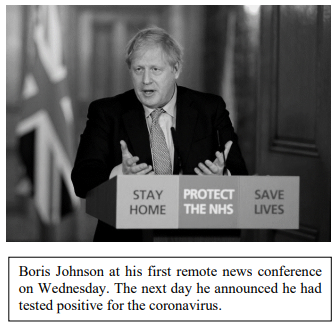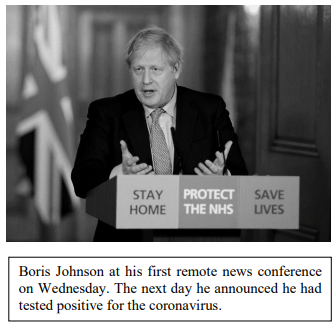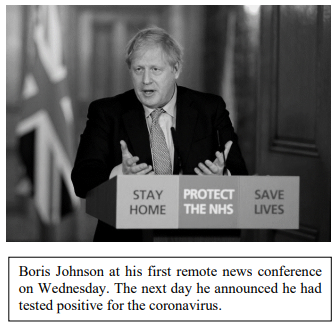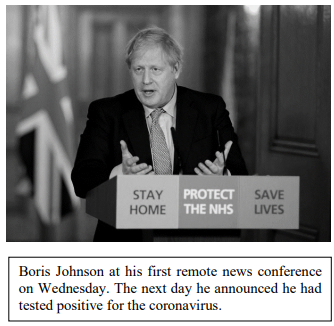Texto 3
The lessons Italy has learned about its COVID-19 outbreak could help the rest of the world
Only carefully conducted epidemiological studies will bring to light exactly how and why COVID-19 took off in northern Italy with such speed. But in the midst of the emergency, experts say there are already lessons to be gleaned from Italy's fatal errors — and urgent messages for other parts of the world.
"The biggest mistake we made was to admit patients infected with COVID-19 into hospitals throughout the region," said Carlo Borghetti, the vice- premier of Lombardy, an economically crucial region with a population of 10 million.
"We should have immediately set up separate structures exclusively for people sick with coronavirus. I recommend the rest of the world do this, to not send COVID patients into health-care facilities that are still uninfected."
Already, Italian cities in other regions are doing this, as well as field hospitals in Milan and Bergamo, Lombardy, which are almost complete.
However, the virus was not only spread to "clean" — i.e. infection-free — hospitals by admitting positive patients. In early March, as the number of infected was doubling every few days, authorities allowed overwhelmed hospitals to transfer those who tested positive but weren't gravely ill into assistedliving facilities for the elderly.
"It was like throwing a lit match onto a haystack," said Borghetti, who spoke out against the directive at the time. "Some facilities refused to take in the positive patients. For those that did [take them in], it was devastating."
Along with the tragic misstep of putting infected people under the same roof as clusters of the most physically vulnerable, Borghetti and others point to a deeper structural factor that accelerated the outbreak in northern Italy: a highly centralized health-care system with large hospitals as its focus.
From: shorturl.at/cMRTW. Accesses on 04/09/2020





